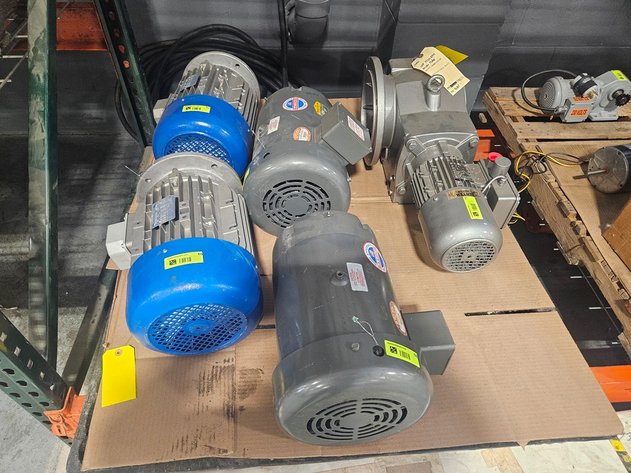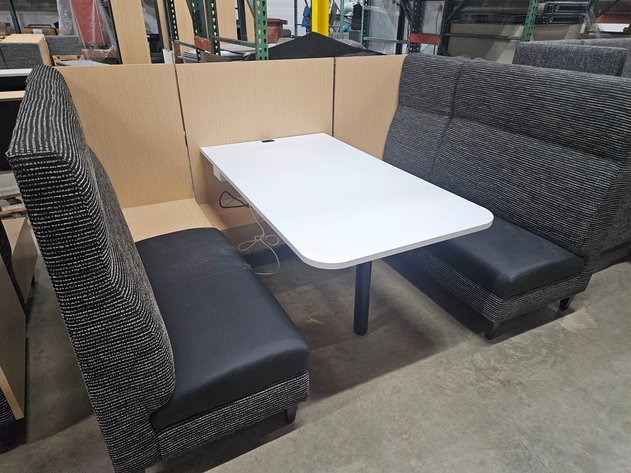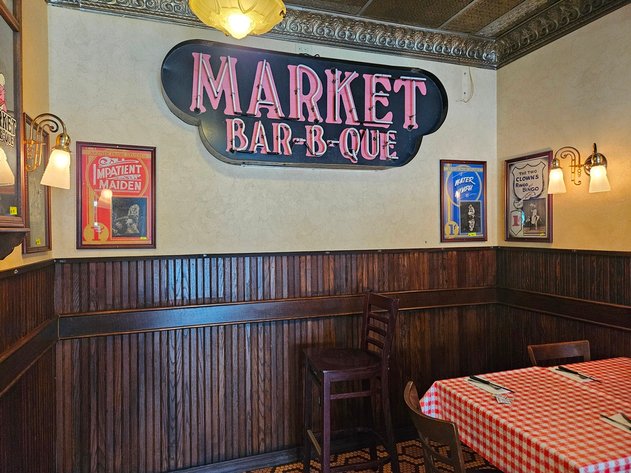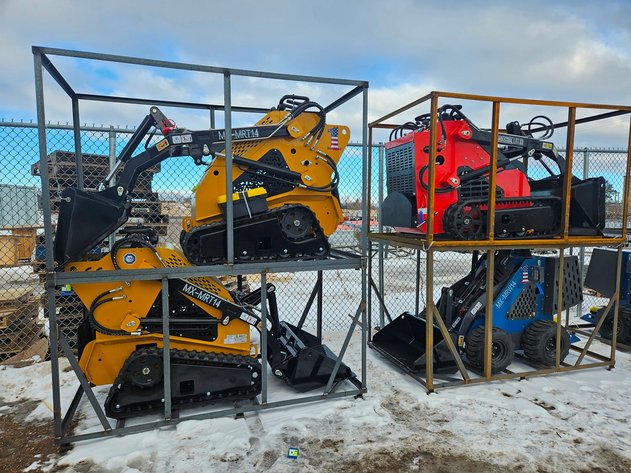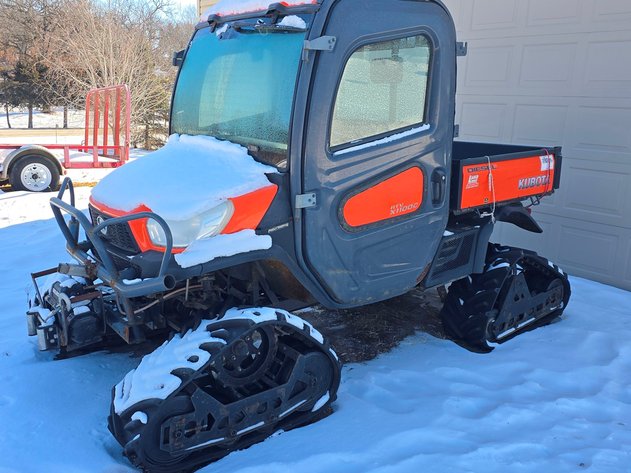Electricians & Plumbers | Your Step-By-Step Process For Selling Equipment
Series: Retiring Your Trade Business | How To Profit When You Exit
Article 2
In our first article on how to sell your electrical and plumbing equipment when you retire, we determined that passing down your business may not be an option you have available. We then walked our reader through some of the most popular sales arenas for liquidating used trade equipment and then we explored the most stable and consistently profitable venues available.
We also took a quick look under the hood at your buyer’s mindset and began to explore ways that you can gain their trust and have a successful sale that leaves the customer happy and is profitable for you.
In this next article on retiring your trade business and profiting when you exit, we will:
Provide you with a step-by-step process for getting ready and selling your equipment.
Give you tips on what to search for in a trusted partner. Your goal is to find a team that can help you create a successful sales campaign.
You probably realize, electrical and plumbing equipment will be in high demand as long as long as the world is still running. It is nearly impossible to conceive a planet where the trades are not valued industries. You can use this to your advantage against brand new retail stores and prices because trade equipment that is in good working condition will last for 15-25 years, depending on how it’s built and what it is built for.
So let’s get into the most efficient way for you to get your trade equipment ready to sell. Here is a step-by-step process that will give you a great headstart to liquidating your tools for profit.
Get Organized
The first and arguably most important step in creating a successful equipment sale is getting all of your tools and equipment in order. The more organized your inventory, the easier your selling experience will be. Here is a quick breakdown of very helpful actions you can take to get headed in the right direction.
- Identify what pieces of equipment you will be selling.
- Identify the brands and model names of your equipment.
- Determine the manufacturing year for your equipment.
- Locate the serial numbers for the equipment.
- Gather any instructional manuals you may have.
- Move your equipment for sale to an easily accessible area.
After you’ve completed the steps above, it would be a good idea to take inventory on the condition of your equipment and what terms you want to present during your sale. Here are some examples of questions you can answer on the front side of your sale:
- Has the piece of equipment been in service, or is it new?
- Did you buy the equipment originally from the factory?
- How long has the piece of equipment been in service prior to the sale?
- How long has the equipment been out of service?
- Does the equipment show any defects?
- Can the piece of equipment be returned if found faulty?
- Is there a warranty still in place?
- Do you have an original owner’s warranty or a service warranty?
- Is the equipment missing any pieces that will need to be replaced?
- Have you function tested the equipment?
- Did the equipment fail any tests or fail in the field at any time?
Get An Appraisal
By taking care of the first step, getting organized, you will be prepared for the next most important step in the equipment liquidation process, getting an appraisal. The appraisal process is usually a straightforward set of actions that help you determine the value of your products. A great appraiser will take care of the following steps for you:
- Collecting all of the relevant information to determine your equipment’s value.
- Using the appraiser’s resources to compare pricing for similar equipment.
- Provide estimates of the fair market and liquidation value for your equipment.
Next, your appraiser will get your pieces of equipment individually appraised at fair market value. They will do due diligence in selecting comparable equipment. The appraiser will make sure that their findings are consistent with the industry trends related to your equipment. The appraiser will give solid support for the valuation approaches. They’ll determine local and national economic and industry trends. They will separately appraise any assets that are not related to your equipment if needed. Then the appraiser will review the low-level valuation items that may impact your overall values.
Get Ready To Sell!
Now you are just about ready to sell! And this is where Auction Masters can help, the area our team specializes in. We’re dedicated to honoring your time in business. We work with owners every step of the way as they prepare to sell their equipment. Like you, we’ve been in the business for a long time, over 40 years. Our commitment is to make the experience of selling your equipment a success.
As we stated earlier, the “Business Equipment Sales” space can get very busy with lots of claims being made. We understand that you have plenty of options when deciding on how to sell your equipment, and that’s why we work to make your selling experience the best one possible. When you’re ready to have the best going out of business sale possible, contact us and we’ll walk you through the transition, every step of the way! Auction Masters provides you with an all-in-one solution to liquidating your business. Contact us today and see how we can help you sell your equipment.

